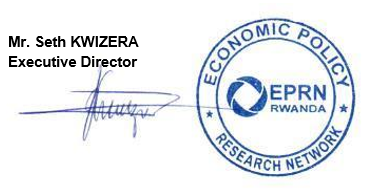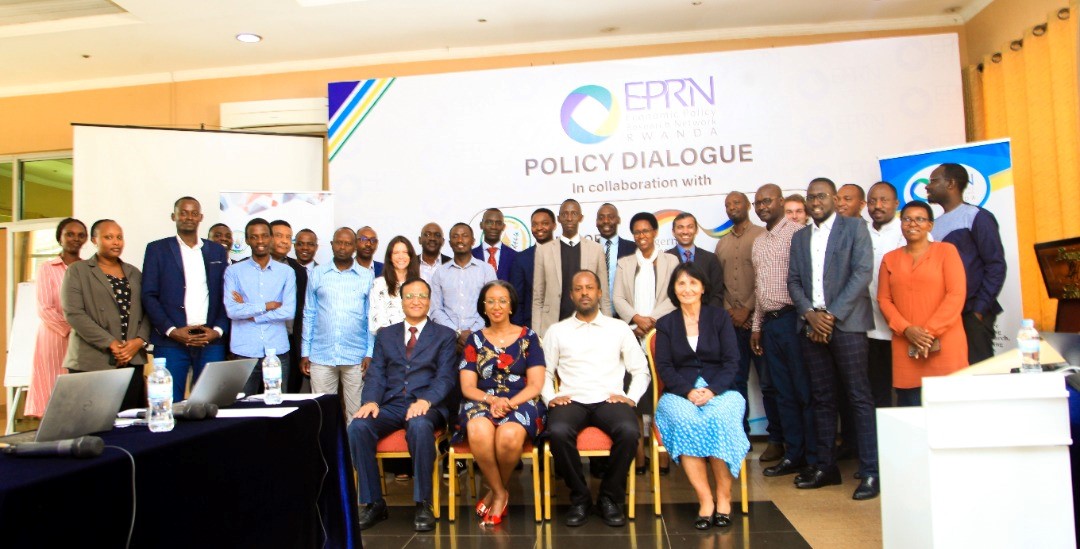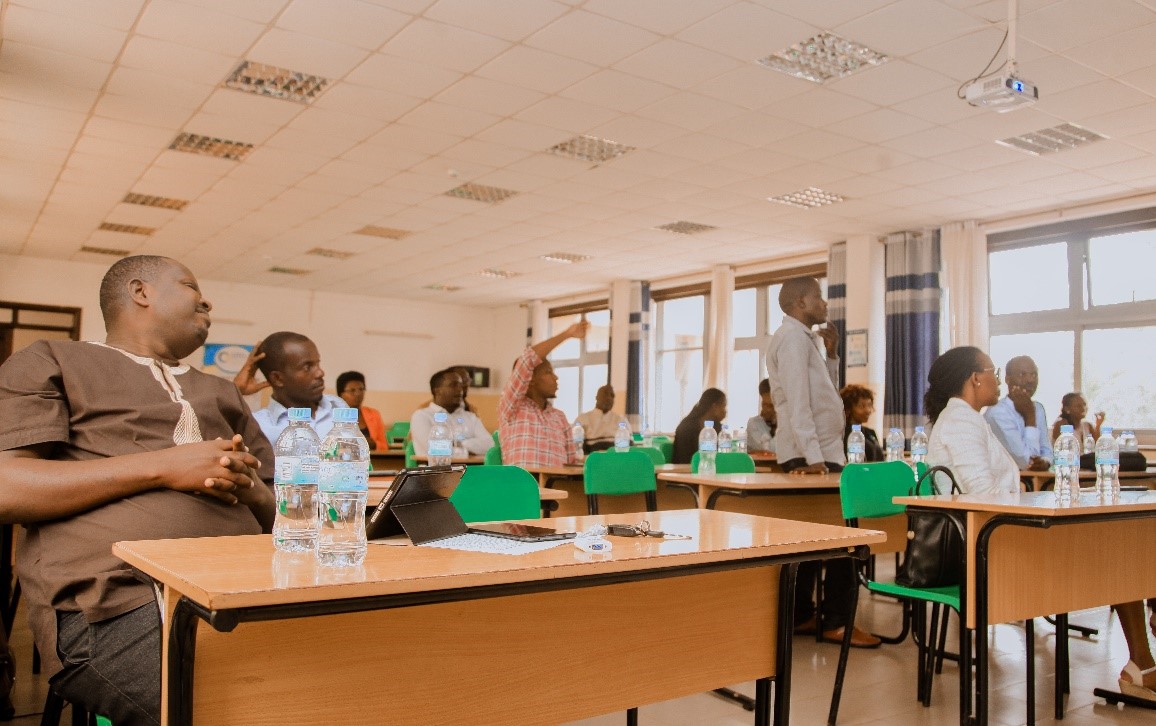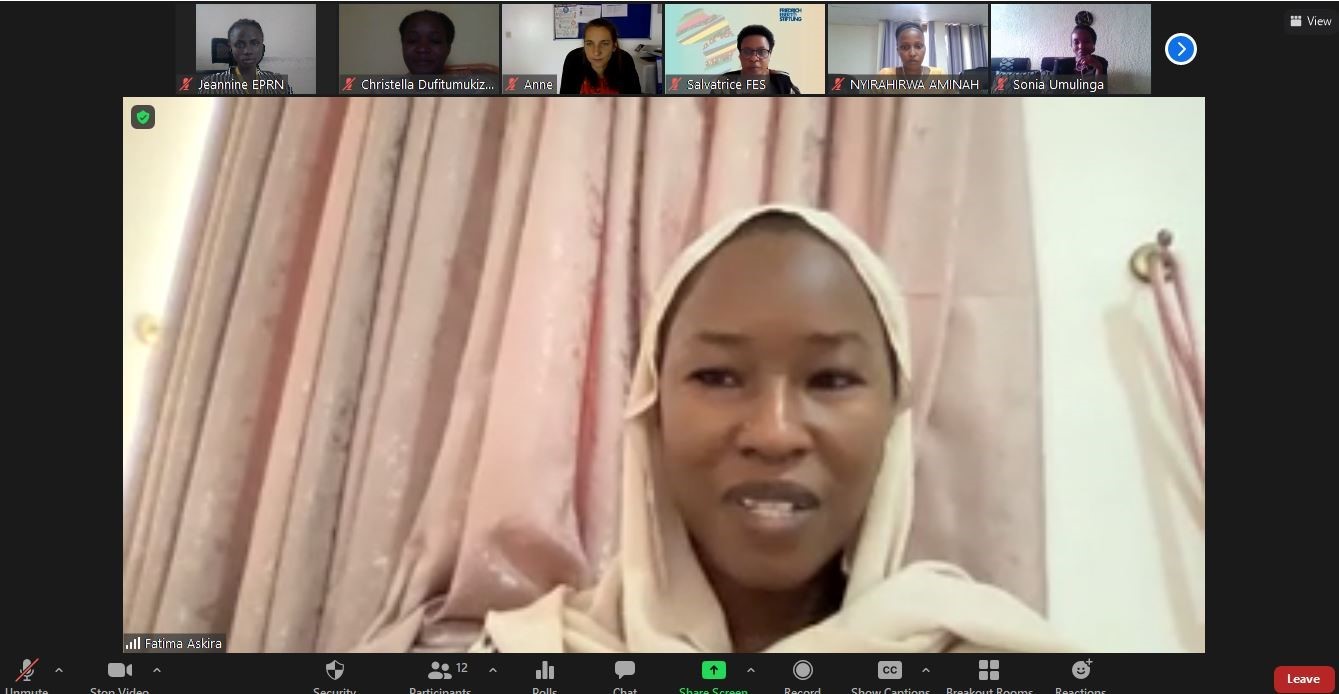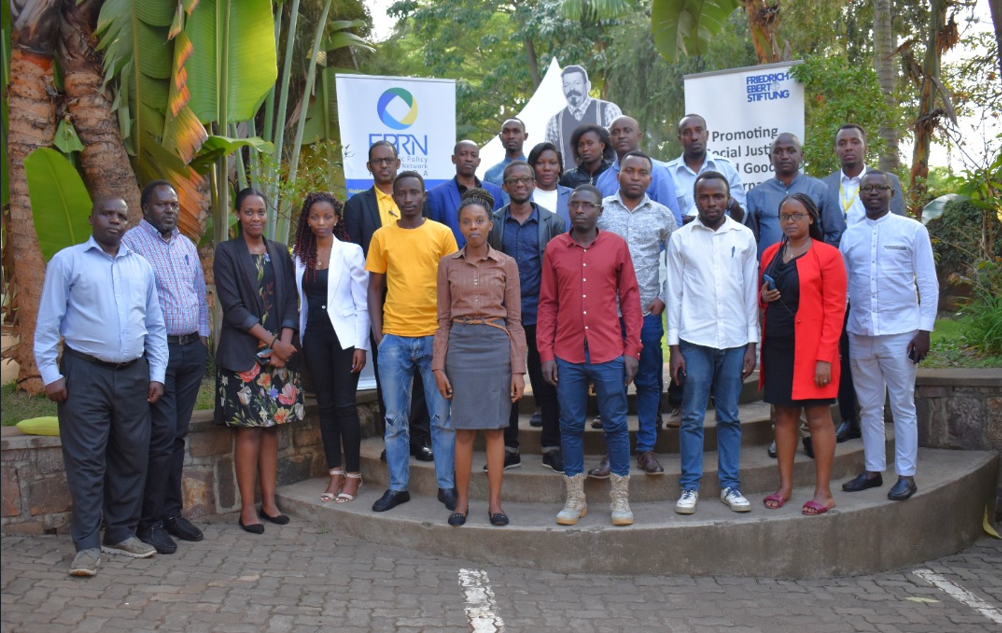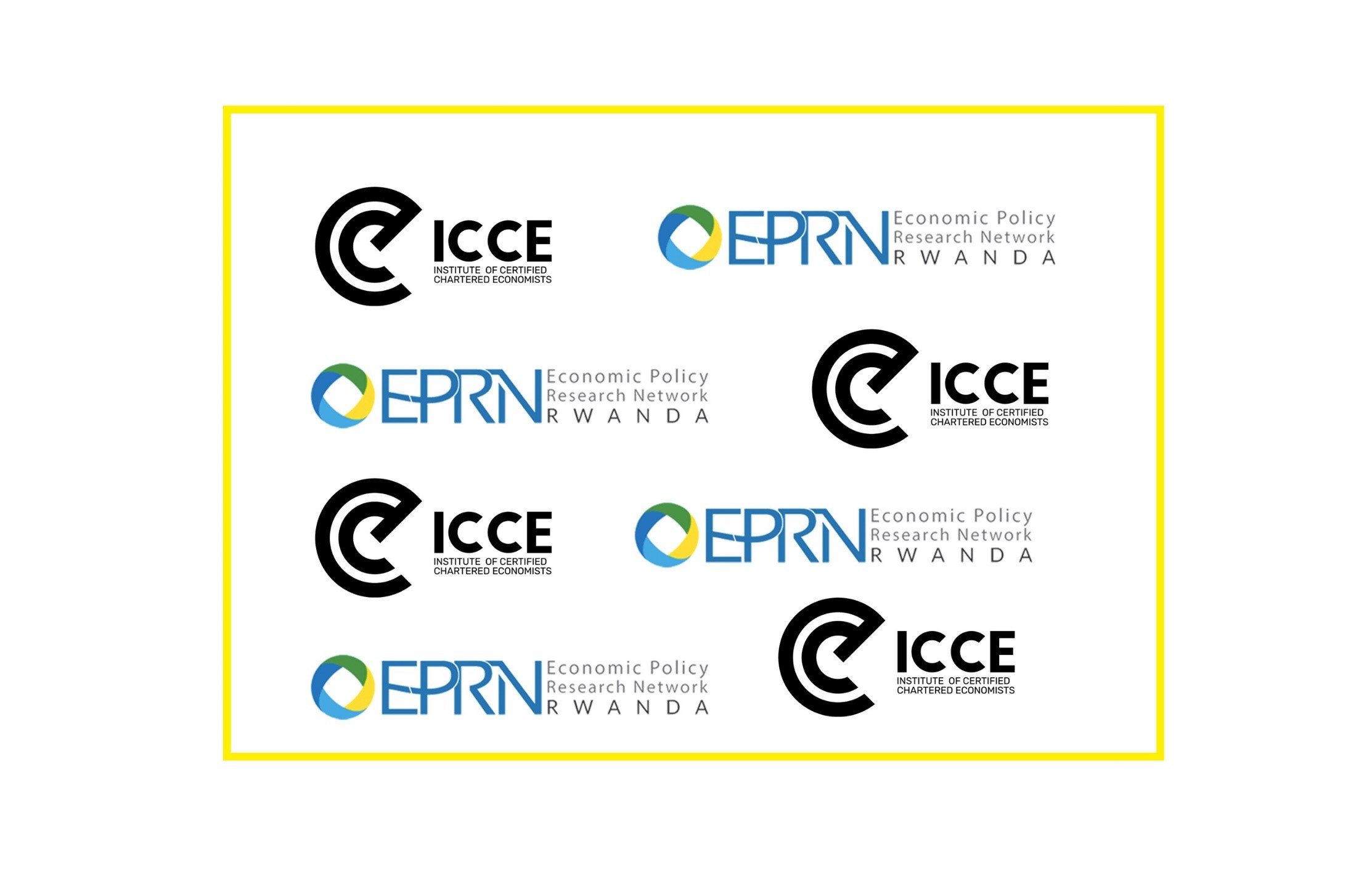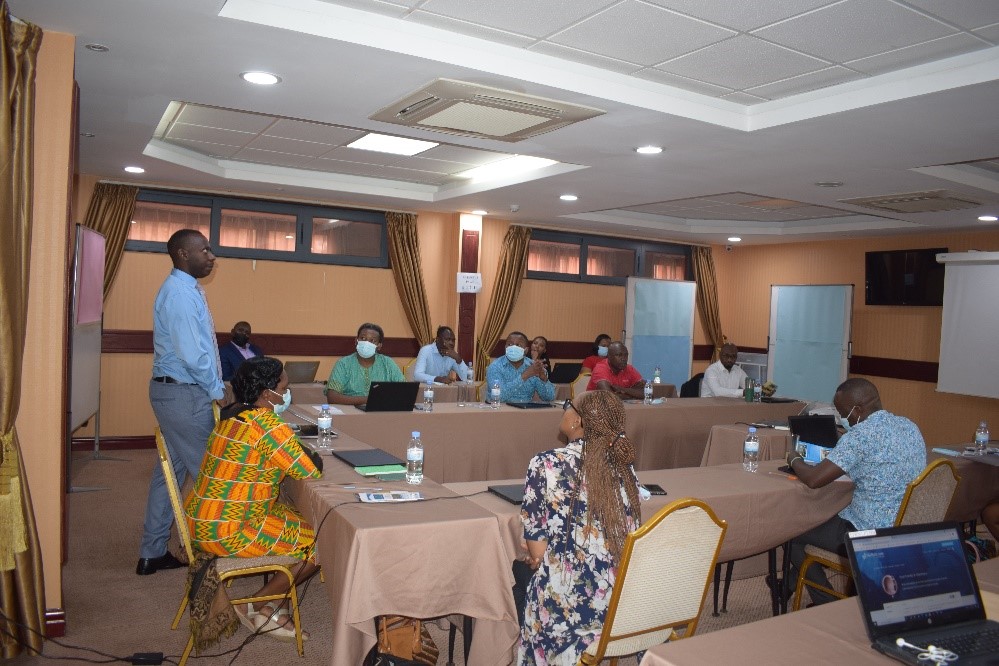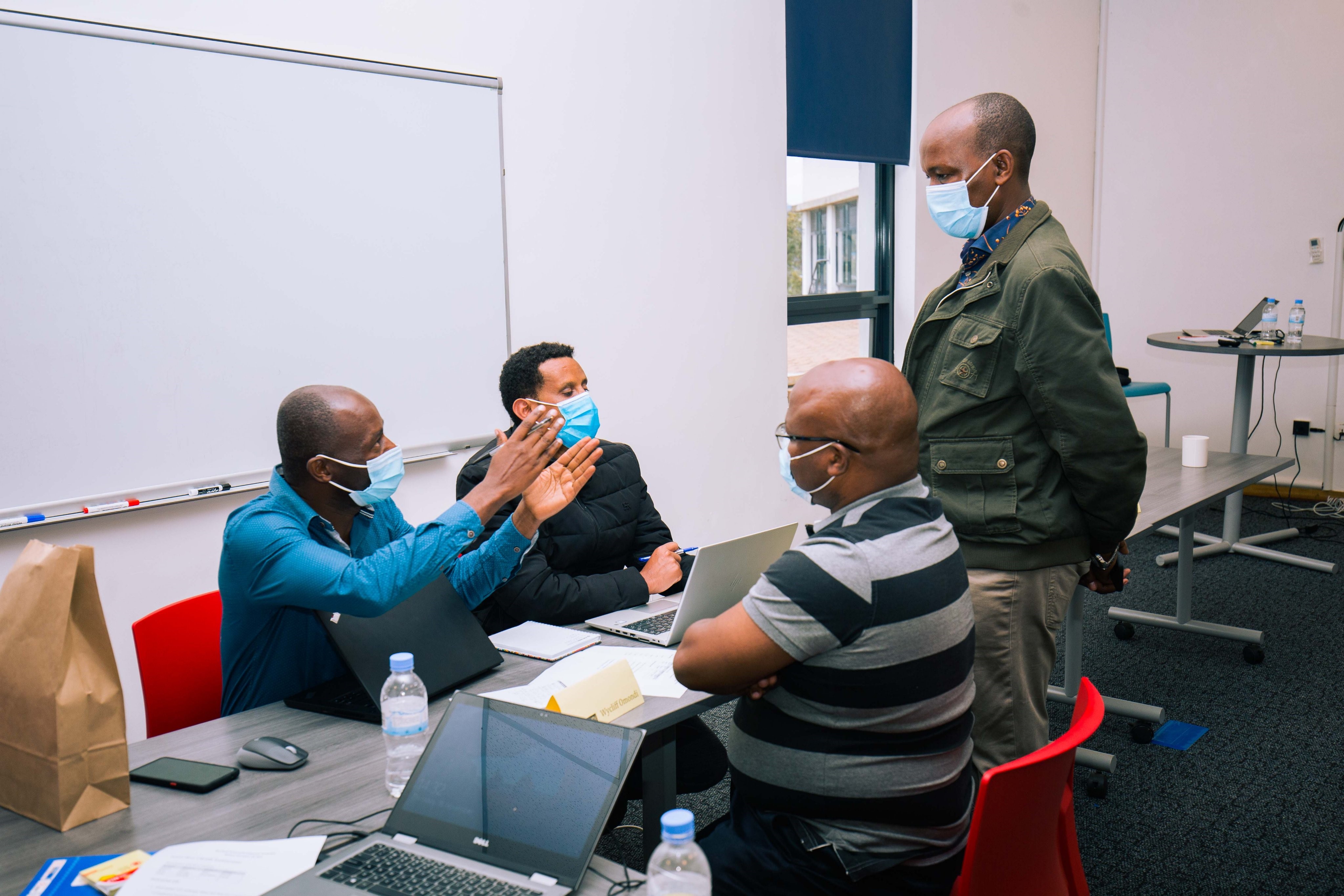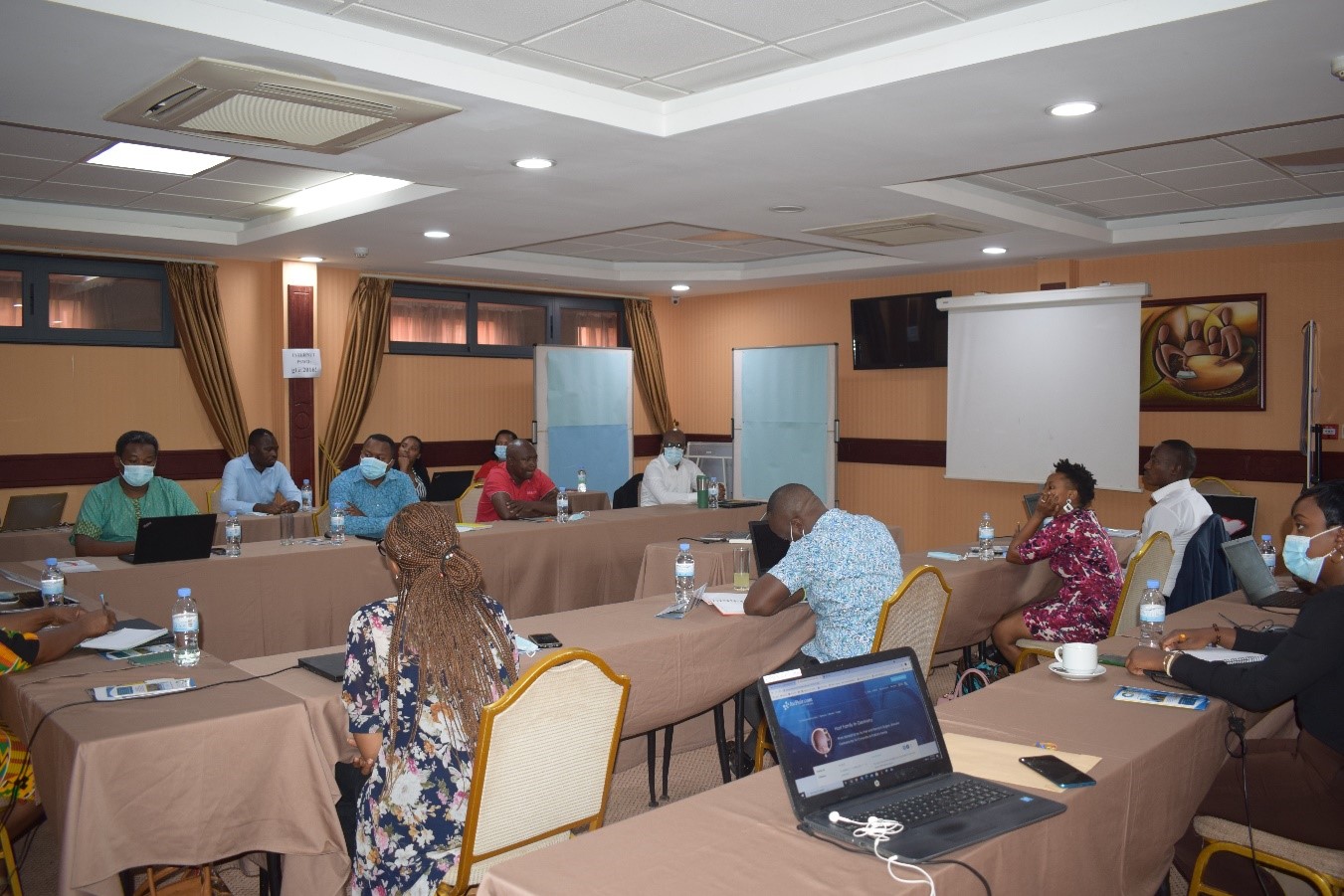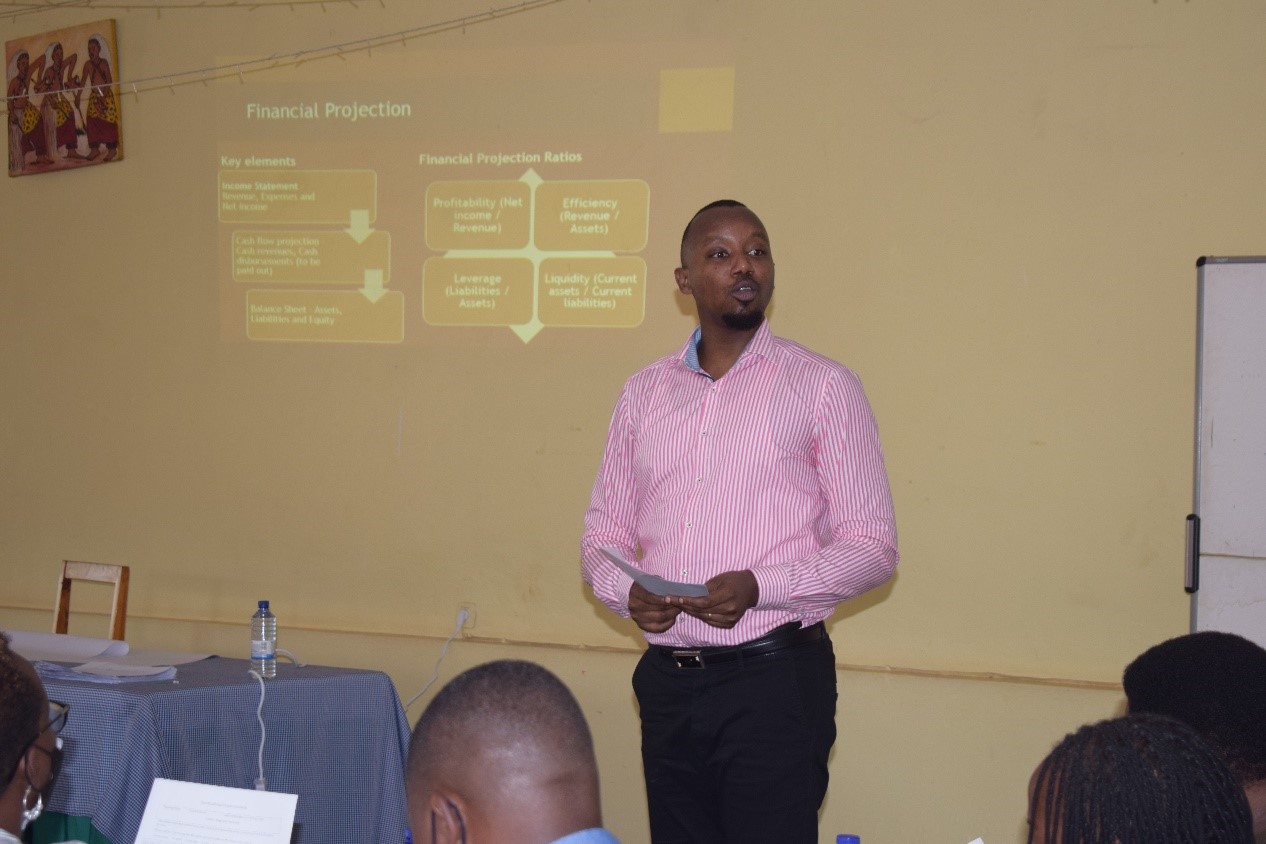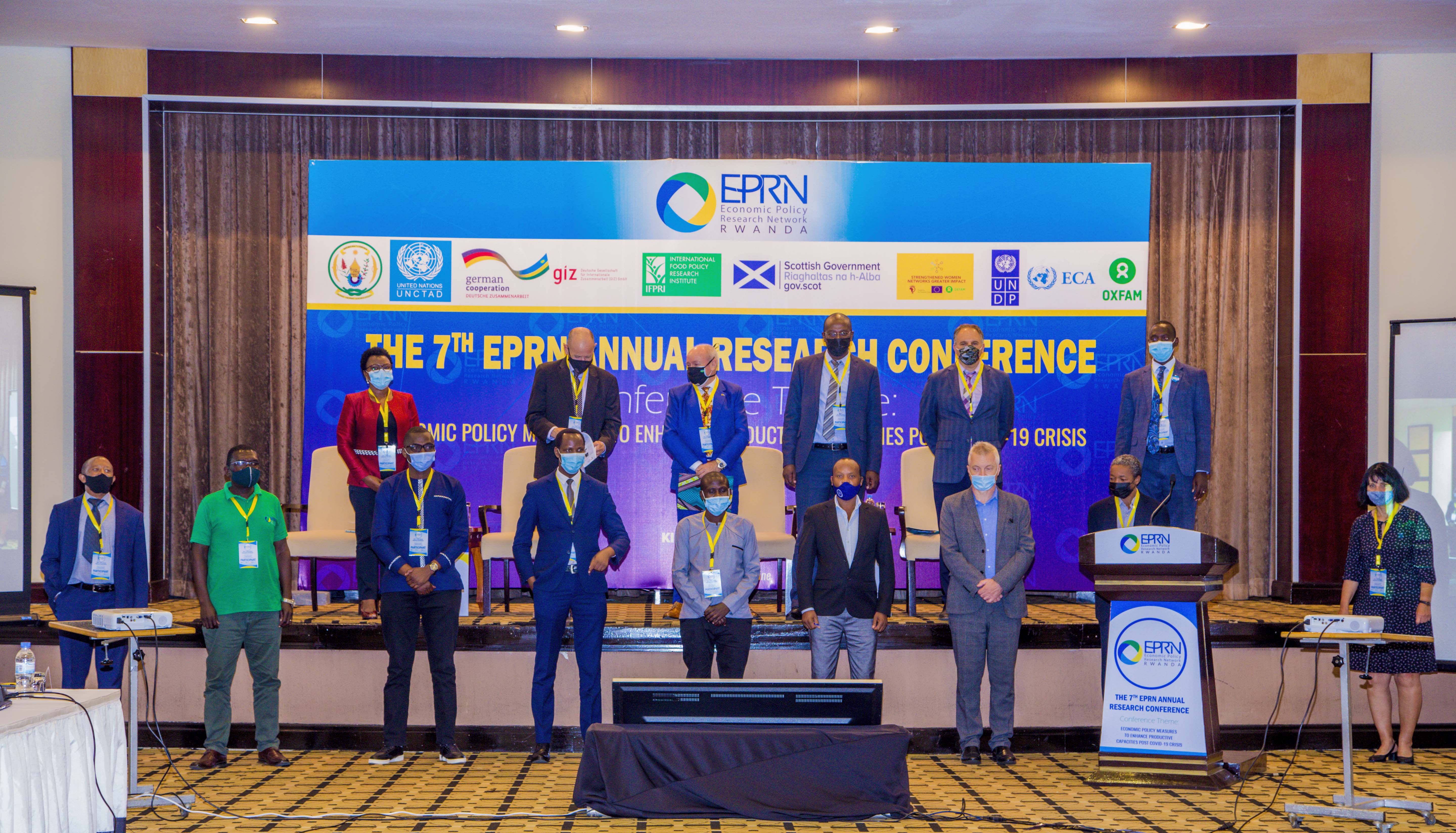Call for application for a Professional Training on Project Management for Donor Funded Projects
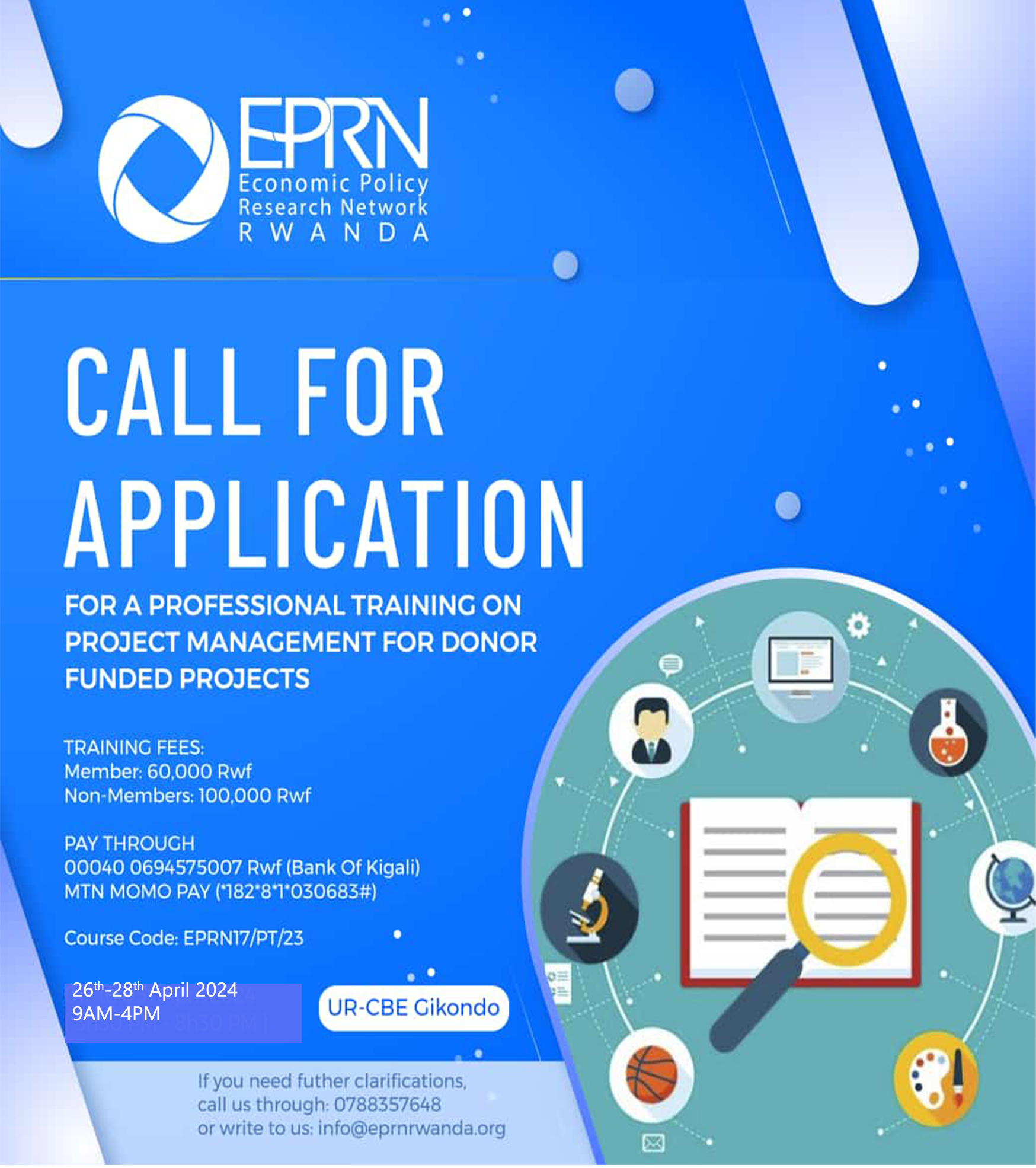
DATES : 26th – 28th April 2024
Venue : University of Rwanda, Gikondo Campus
1. Introduction
This course is very hands-on and interactive, thus providing a step by step approach to project design, implementation, monitoring and impacts evaluation. An analysis of all the different phases of the project/programme cycle will be carried out to emphasis the methodology for preparing, implementing and evaluating projects and programs. Particular effort will be made to bring clarity to the terminology used by the donors’/development partners for the different stages for the project/programme cycle, and the course will be more of practical.
2. Course content
The content of this course include (and will mostly involve practices) :
• Programming, which is the first phase of the project/programme cycle will involve an analysis of the process of setting broad national/regional/ sector policy objectives at the global/overall level.
• Following on from programming, the various techniques used in the Identification of projects/programs from the prioritized list of overall objectives will be explored in the second phase of the project cycle i.e. Identification.
• The third phase of the project cycle, Formulation will focus on designing and developing the concept of the project/programme and testing its logic and feasibility i.e. technically, socially and environmentally.
• In the fourth phase of Financing, the contractual obligations between the funding agency i.e. the Contracting Authority and the Implementing Agency/party will be examined.
• The Implementation Phase will involve outlining the stages of implementation with emphasis on what needs to happen in the three important stages of (i) Inception (2) Operational and (3) Phase out. The Principles of Monitoring will be discussed as well as how to design a monitoring system.
• The Evaluation Phase will analyze the 5 main Evaluation criteria used by the major Donor/Development Partners (Relevance, Effectiveness, Efficiency, Impact and sustainability). The rationale as to why different Donors/Development partners use more or less than 6 phases in their project/programme cycle will be explained.
3. Training methods
The training course will be run in a workshop style with a high degree of participants’ involvement. Adult learning methodologies will be employed, and participants will not be passive. Debate and open discussions will be encouraged. The trainer will use a mix of presentations to define and explain key concepts and practical exercises. Trainees are encouraged to bring their own laptops.
4. Certificate
EPRN will issue completion certificates to participants who will successfully attend the course and pass the course test. Pass mark is 60%.
Note : At the end of the course, the trainer will deliver a test, and ONLY participants who will get at least 60% will get the certificates. Others will be advised to wait until another similar training opportunity which they will attend free of charge (this chance is provided only once).
5. Training fees, venue and dates
• Members : 60,000 Rwf
• Non-members : 100,000 Rwf
This training will be held at University of Rwanda, Gikondo Campus (former SFB building) from 26th – 28th April 2024.
6. Payment process
To book your space, kindly proceed by paying the training fees through the following bank details :
• Bank Account : 00040 06945750 07 RWF (Bank of Kigali)
• Title of the Account : Economic Policy Research Network
Scan the bank slip and send it to : info@eprnrwanda.org OR bring the hard copy of bank slip to EPRN office at University of Rwanda- Gikondo Campus (former SFB).
You can also pay through MTN MOMO PAY (*182*8*1*030683#) or through PayPal on our website (www.eprnrwanda.org) and notify us through info@eprnrwanda.org
NB : Tailor-Made Course
We can also do this as tailor-made course to meet organization-wide needs.
If you need further clarifications, call us through : 0788357648 or write to us : info@eprnrwanda.org
Kigali,20/03/2024
